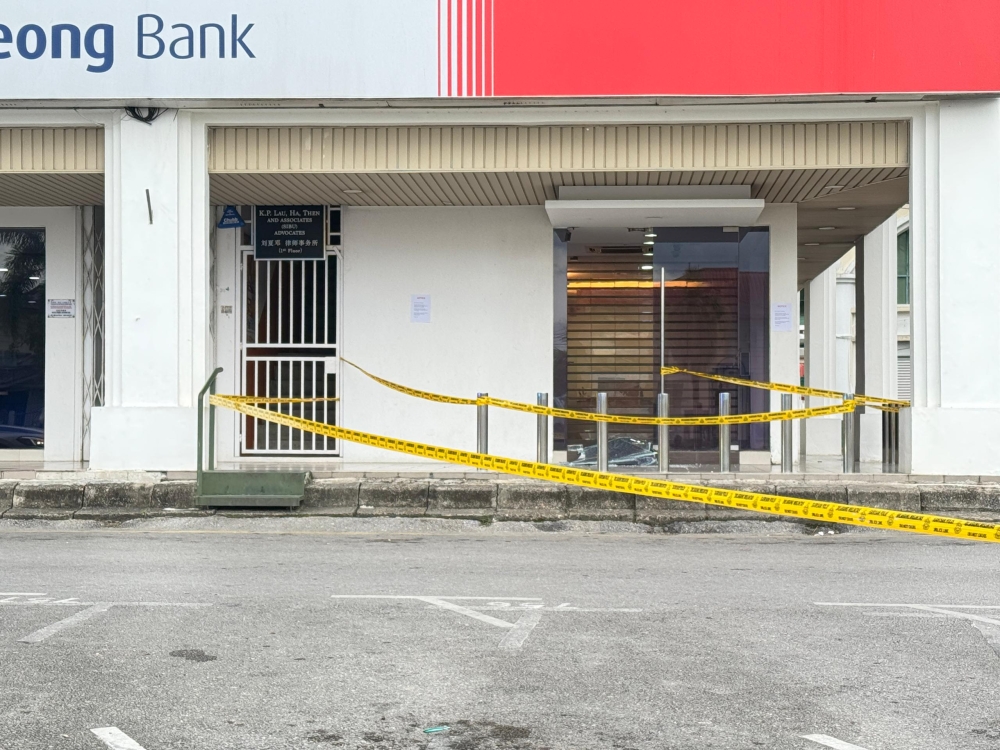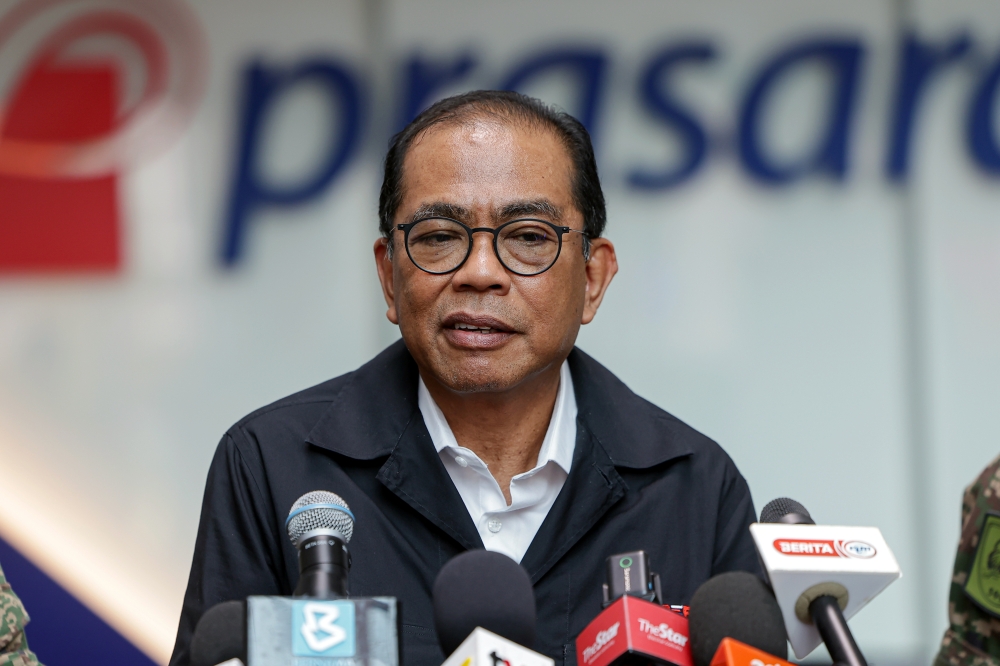KUALA LUMPUR, March 30 — Despite several state authorities having banned politicians from giving sermons in mosques, several experts said the Islamist party Parti Islam SeMalaysia (PAS) is expected to weather through the ban.
Singapore’s news outlet The Straits Times reported that the move is unlikely to cripple the party and its impact may even be minimal because PAS’ widespread influence relies on its access to many Islamic religious institutions, public outreach programmes, and strong social media presence.
“PAS is very much part of the Islamic infrastructure and has established a strong network in the country,” Asrul Hadi Abdullah Sani, deputy managing director of strategic advisory firm BowerGroupAsia was reported as saying.
He added that PAS’s growing popularity is not due to just sermons in mosques but also their access to privately funded Islamic religious schools and student bodies at universities.
“With the popularity and accessibility of social media, the party can easily circumvent the sermon ban,” said Asrul Hadi.
The University of Malaya sociopolitical analyst Awang Azman Awang Pawi told The Straits Times that PAS has alternative strategies to rely on such as their widespread grassroots members.
“Maybe the ban will impact PAS a little, but their machinery and mechanism have long been established in mosques, enabling them to silently spread their message,” he was quoted saying.
He shared the same opinion with Asrul Hadi, saying that the party is also well-versed in using social media to compete politically with the federal government led by Datuk Seri Anwar Ibrahim.
Religious authorities in five states including Selangor, Johor, Negeri Sembilan, Perak, and Terengganu have prohibited politicians from giving lectures or sermons in mosques but the largest Islamist party in the country has continued in resisting the ban.
On March 4, PAS president and Marang MP Tan Sri Abdul Hadi Awang openly defied the ban by delivering a sermon in his constituency and said that there was nothing wrong with politicians delivering sermons or religious lectures at mosques and it is a religious obligation for them to do so.



















